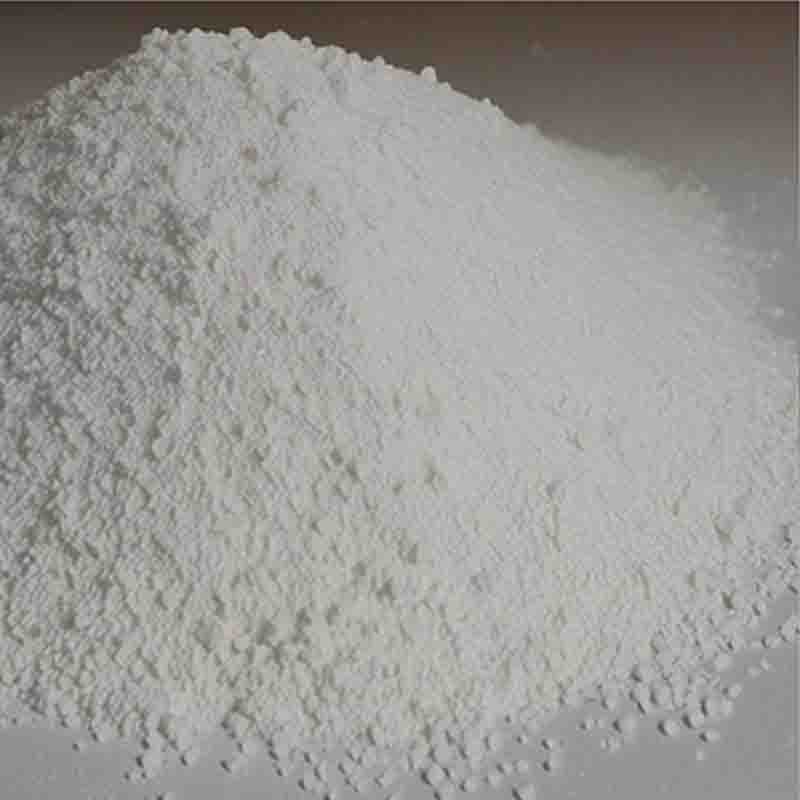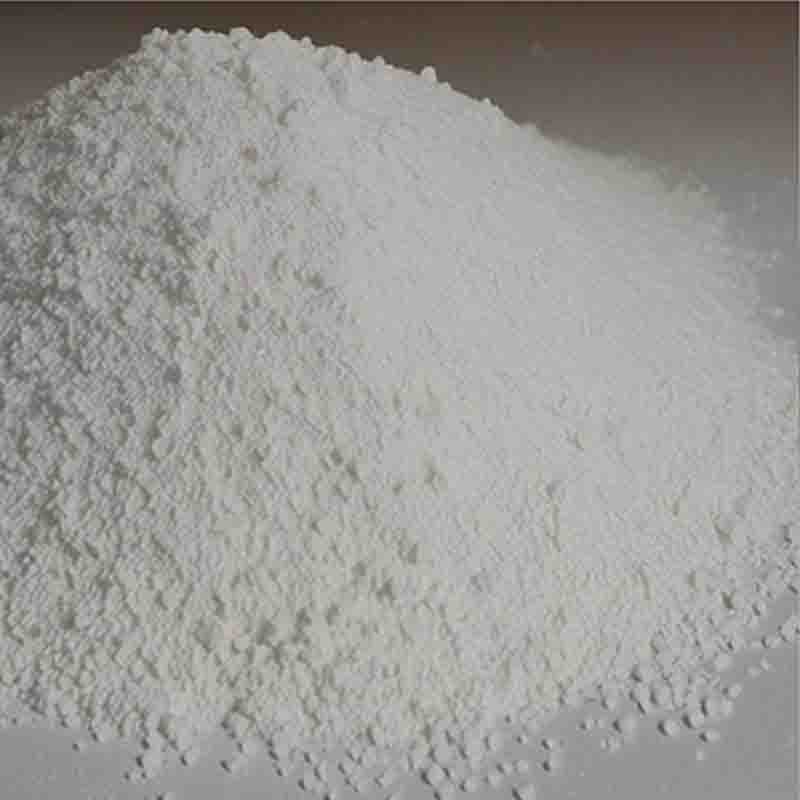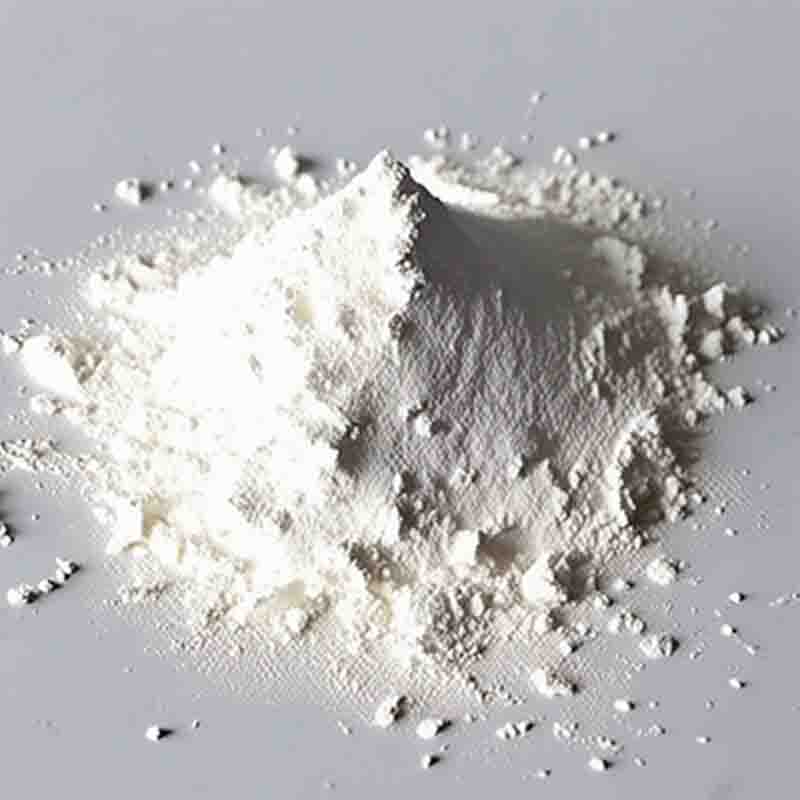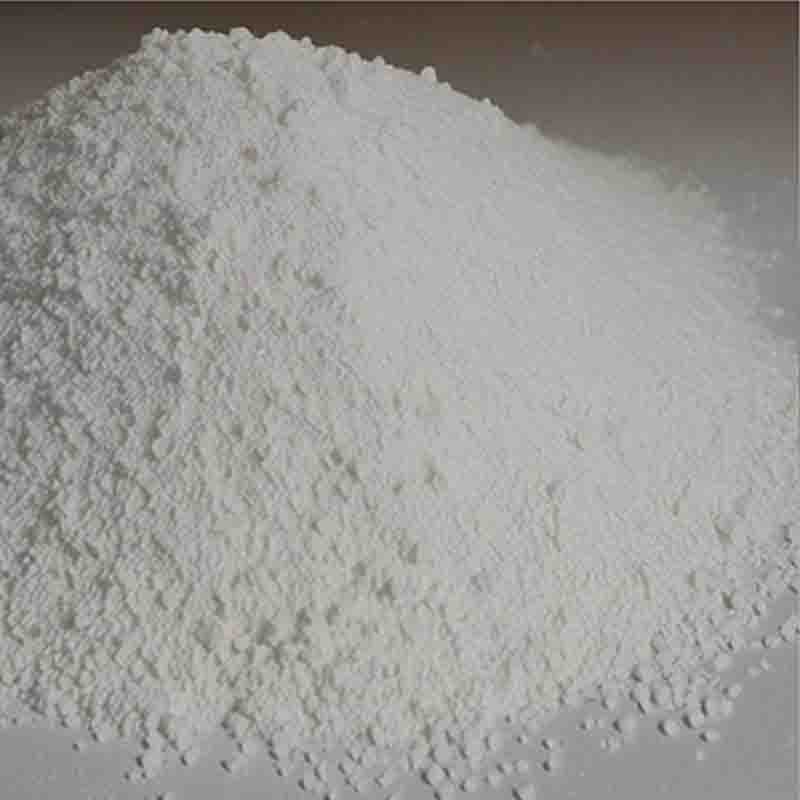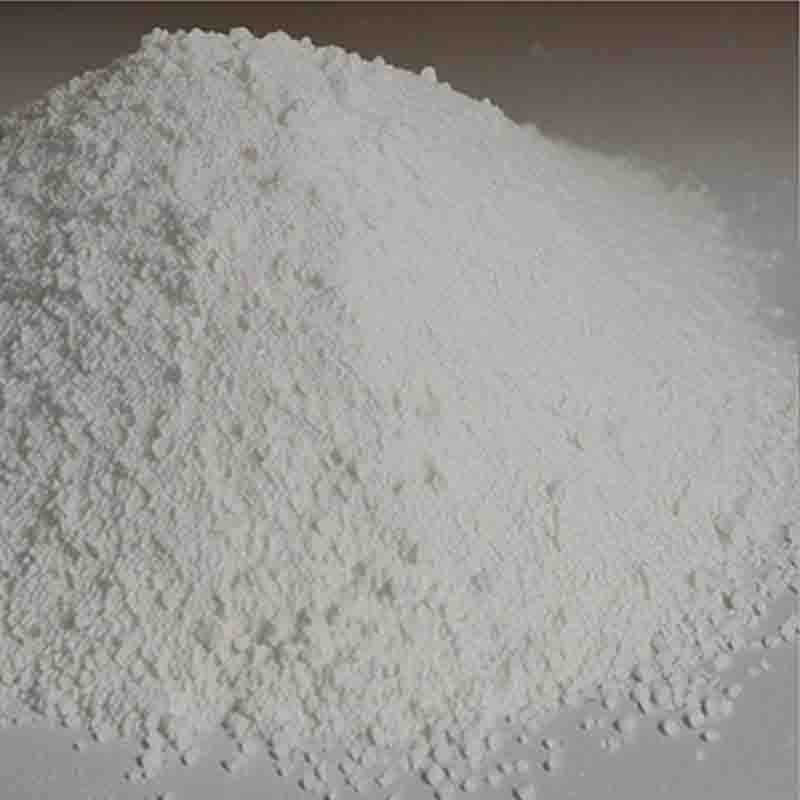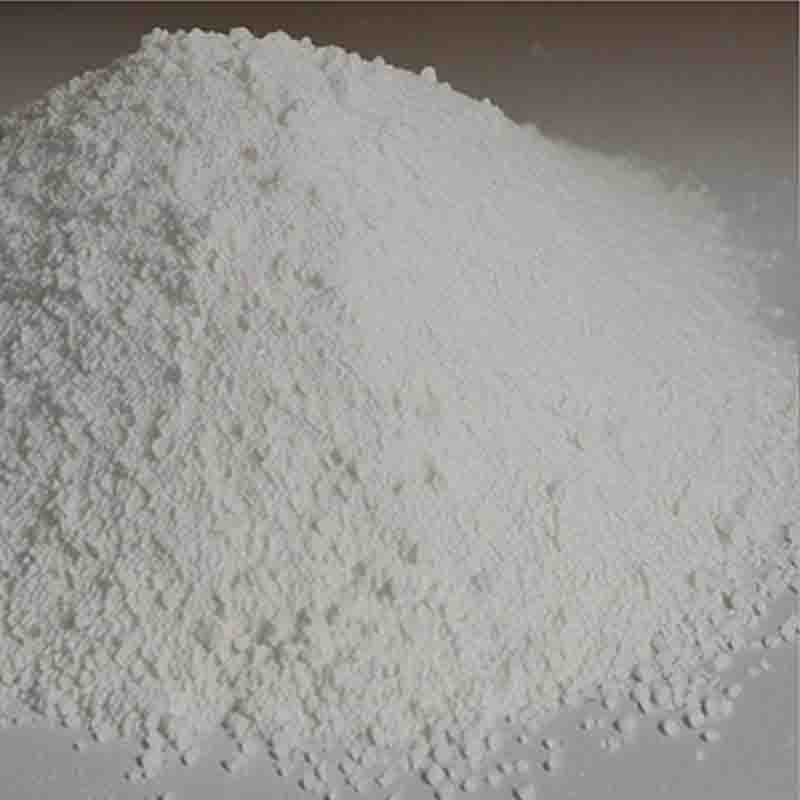N-[[2-[[[4-(Aminoiminomethyl)phenyl]amino]methyl]-1-methyl-1H-benzimidazol-5-yl]carbonyl]-N-(2-pyridinyl)-beta-alanine ethyl ester hydrochloride CAS: 211914-50-0
| Catalog Number | XD93358 |
| Product Name | N-[[2-[[[4-(Aminoiminomethyl)phenyl]amino]methyl]-1-methyl-1H-benzimidazol-5-yl]carbonyl]-N-(2-pyridinyl)-beta-alanine ethyl ester hydrochloride |
| CAS | 211914-50-0 |
| Molecular Formula | C27H30ClN7O3 |
| Molecular Weight | 536.03 |
| Storage Details | Ambient |
Product Specification
| Appearance | White powder |
| Assay | 99% min |
N-[[2-[[[4-(Aminoiminomethyl)phenyl]amino]methyl]-1-methyl-1H-benzimidazol-5-yl]carbonyl]-N-(2-pyridinyl)-beta-alanine ethyl ester hydrochloride, commonly referred to as the compound, is a chemical entity with a complex structure and name. This compound has diverse potential applications in various fields, most notably in medicinal chemistry and drug development.In the field of medicinal chemistry, this compound holds promise as a potential drug candidate or pharmaceutical intermediate. Its chemical structure incorporates different functional groups that can modulate biological activity, making it an intriguing target for further exploration. The benzimidazole ring within its structure has been associated with various biological activities and is commonly found in pharmaceutical compounds. Consequently, researchers could investigate its potential therapeutic effects, such as antimicrobial, anticancer, or anti-inflammatory properties.The compound's unique structure also opens doors for organic synthesis. Organic chemists can exploit its functionalities to perform various chemical transformations, allowing the creation of more complex molecules with tailored properties. It can serve as a valuable building block for designing and synthesizing compounds for applications in diverse areas, including materials science and specialized research fields.However, it is important to note that the exact use and effectiveness of this compound would require thorough research and evaluation. Essential studies, including pharmacokinetic assessments, toxicity analysis, and comprehensive biological assays, are necessary to determine its potential as a drug or pharmaceutical intermediate. Researchers would need to investigate its interactions with biological targets, bioavailability, and potential adverse effects to properly assess its viability for therapeutic applications.When working with N-[[2-[[[4-(Aminoiminomethyl)phenyl]amino]methyl]-1-methyl-1H-benzimidazol-5-yl]carbonyl]-N-(2-pyridinyl)-beta-alanine ethyl ester hydrochloride, proper safety precautions should be followed. This includes adhering to strict handling and storage procedures, which may involve working in a well-ventilated area and wearing appropriate protective equipment. Safety data sheets and guidelines provided by suppliers should be consulted and followed to mitigate potential hazards associated with this compound.In summary, N-[[2-[[[4-(Aminoiminomethyl)phenyl]amino]methyl]-1-methyl-1H-benzimidazol-5-yl]carbonyl]-N-(2-pyridinyl)-beta-alanine ethyl ester hydrochloride demonstrates potential applications in medicinal chemistry and organic synthesis. However, further research and experimentation are necessary to fully explore its therapeutic potential, understand its mechanisms of action, and evaluate its safety and efficacy.


![N-[[2-[[[4-(Aminoiminomethyl)phenyl]amino]methyl]-1-methyl-1H-benzimidazol-5-yl]carbonyl]-N-(2-pyridinyl)-beta-alanine ethyl ester hydrochloride CAS: 211914-50-0 Featured Image](https://cdn.globalso.com/xdbiochems/白色粉末2113.jpg)
![N-[[2-[[[4-(Aminoiminomethyl)phenyl]amino]methyl]-1-methyl-1H-benzimidazol-5-yl]carbonyl]-N-(2-pyridinyl)-beta-alanine ethyl ester hydrochloride CAS: 211914-50-0](https://cdn.globalso.com/xdbiochems/粉末225.jpg)
